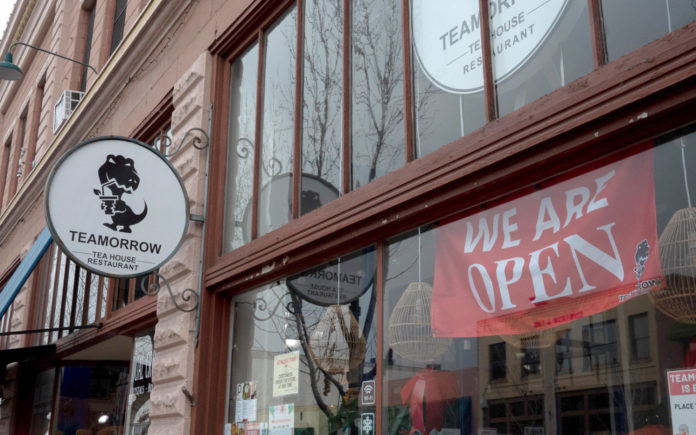
This is part two of an ongoing series that highlights some of the local businesses who have successfully transitioned during the pandemic, which has impacted all of our lives in some way, including the business men and women of South Pasadena.
There is an ‘economic ecosystem’ within South Pasadena, where each business is inextricably linked together; if one is successful, the others will prosper. However, the opposite is true as well; if one fails, the others may go down with them. Like a coral reef hosting many organisms, even the smallest of components is fundamental to the survival of the microcosm.

As the restaurants and cafes begin to open up with less COVID restrictions, they may provide new customers for a neighboring business and vice versa, in a mutually beneficial relationship. A storefront’s unique facade may attract new business to the restaurants as customers window shop.
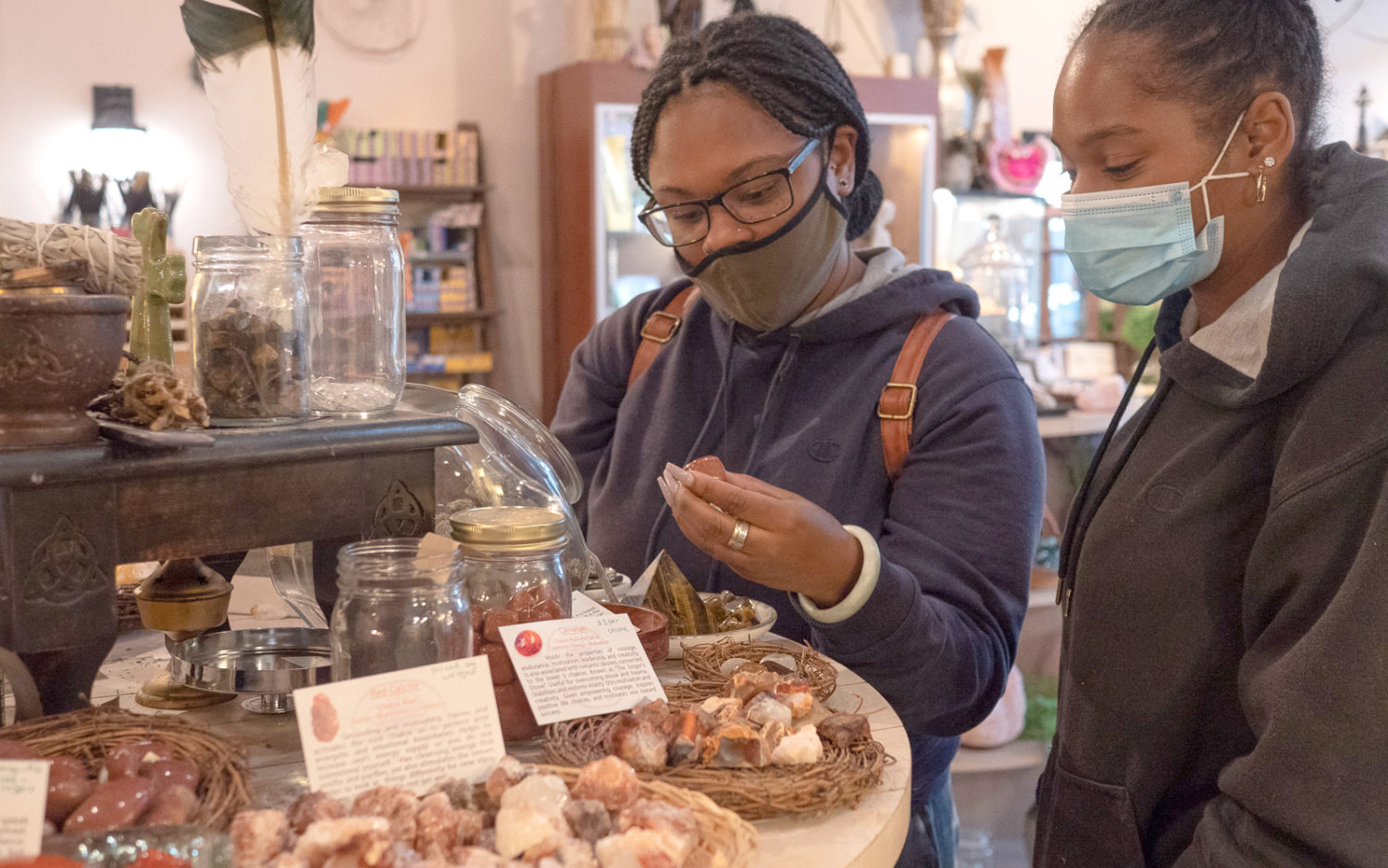
Christina Segura, owner of Pretty is Contagious recently pointed to Aro Restaurant offering outdoor seating as an example, “It’s been great because people out there are waiting for their food and [will] pop in because they read something funny in my window. So of course it’s like the businesses [are] give and take from each other, we feed off of each other,” she explains, in line with the coral reef analogy, “In essence, these businesses together create an economical ecosystem that, like any ecosystem, relies on the various parts to keep everything within it alive and thriving.”
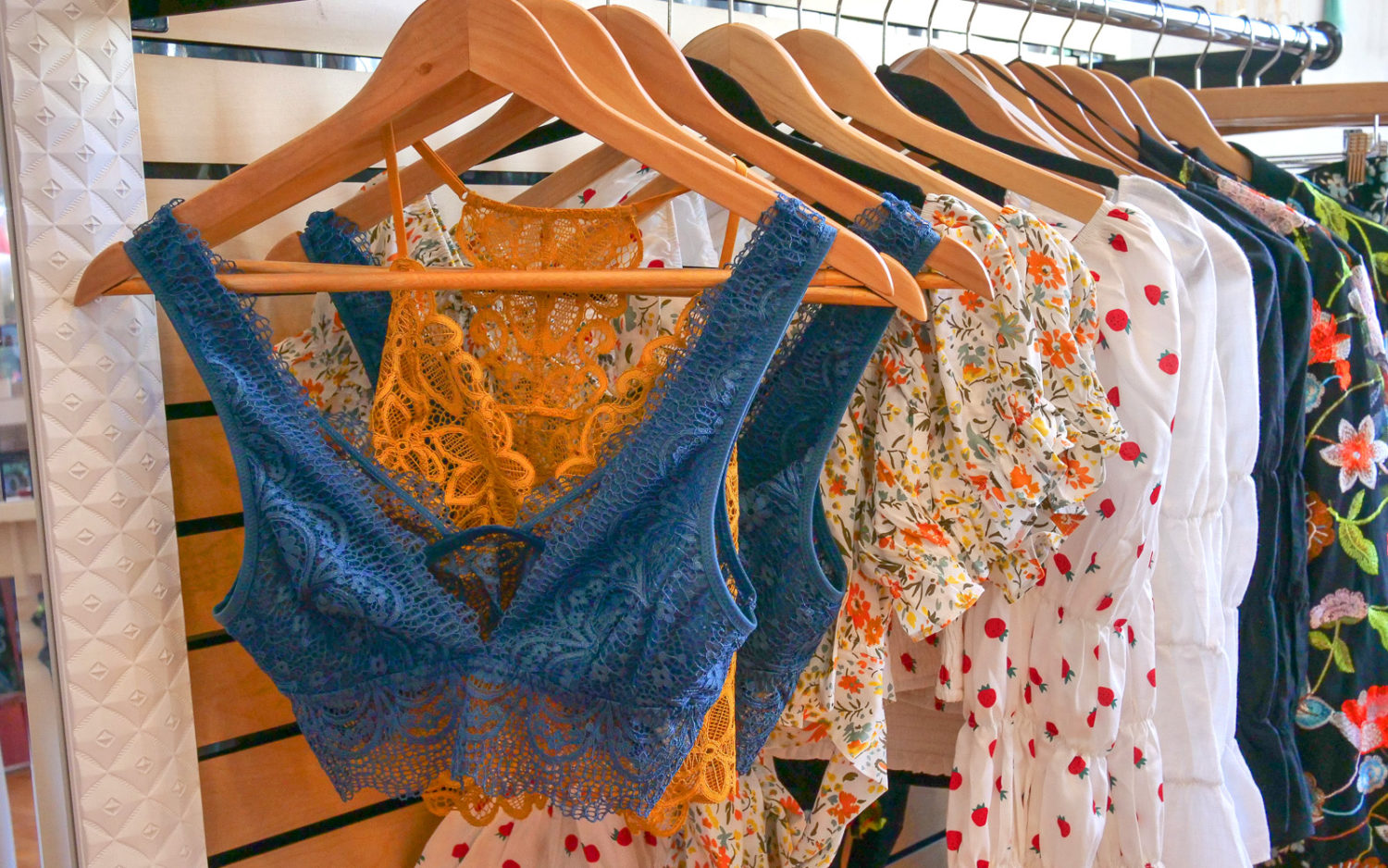
Profit is what keeps these businesses alive, but assimilating into the community and serving its residents, ones who have shown incredible love and support throughout the years, is what truly motivates them to continue. Lien De Cuyper, a Postdoctoral Researcher for the World Economic Forum recently pointed out in an article titled Discovering the Real Impact of COVID-19 on Entrepreneurship, “[t]here are so many new needs and gaps to fill and start-ups tend to be much faster at adapting and filling gaps than more established companies.”
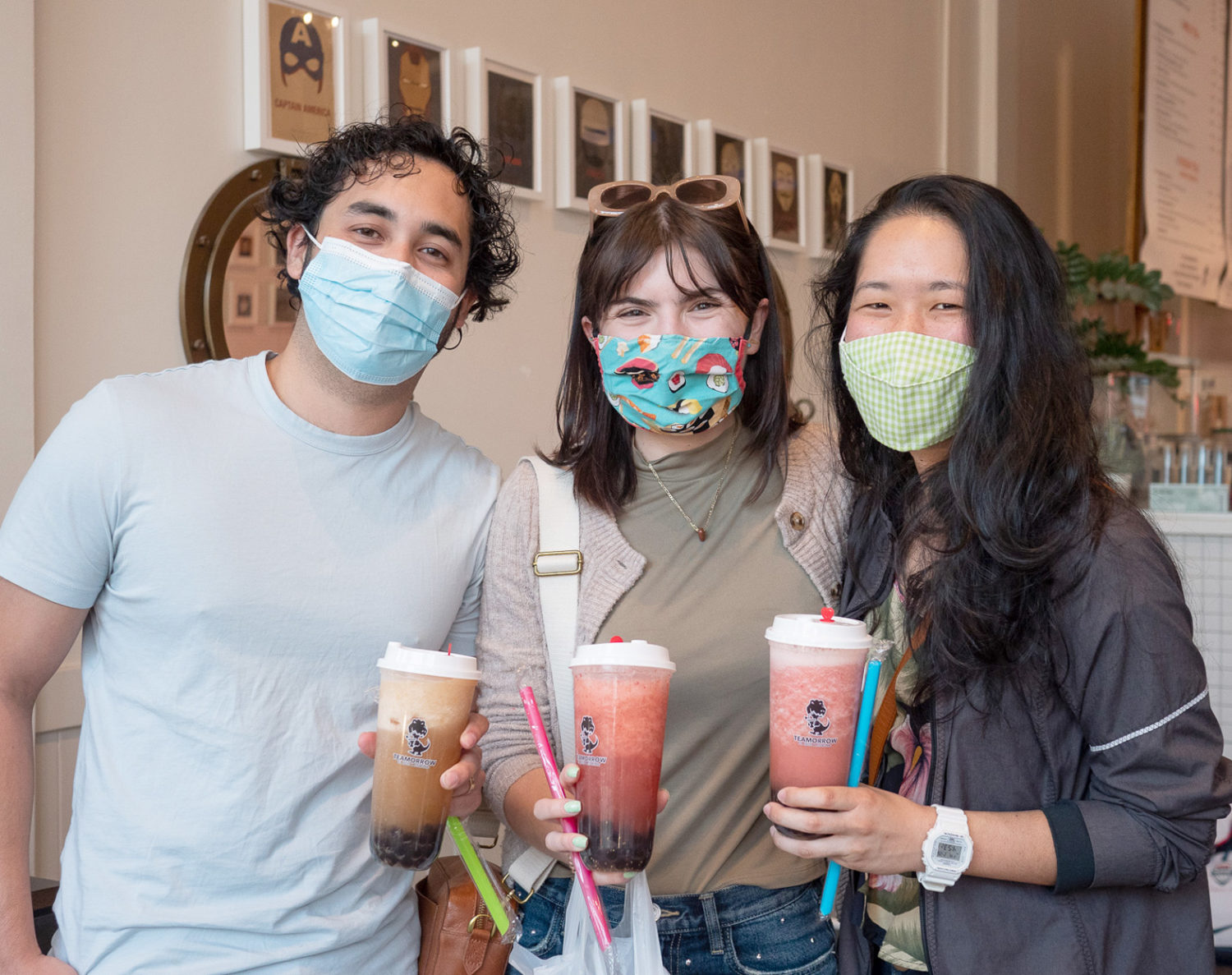
De Cuyper’s statement runs true in our hometown as well, if there is a unique service that is needed by the residents, more often it will be a small business or start up that will be able to provide it — if they can’t, they most likely will know someone within their own network that can fill the need.
We can look at the economic issues businesses collectively face and be horrified or, we can reinterpret the narrative, accounting for the individual scenarios of our business owners and seeing them as heroes of the community, defenders of the close-knit environment South Pasadenans have come to love dearly. As a part of that community, they play an important part in retaining its essence. Teamorrow, who will be having their 3rd year anniversary on Friday March 19th, exemplifies this, as they will be giving back to the community by donating 50 boba drinks and 200 coupons to the South Pasadena High School Senior Class for Seniors Appreciation Day. That same day, they will also be hosting a fundraiser for the Monterey Hills Elementary School PTA.
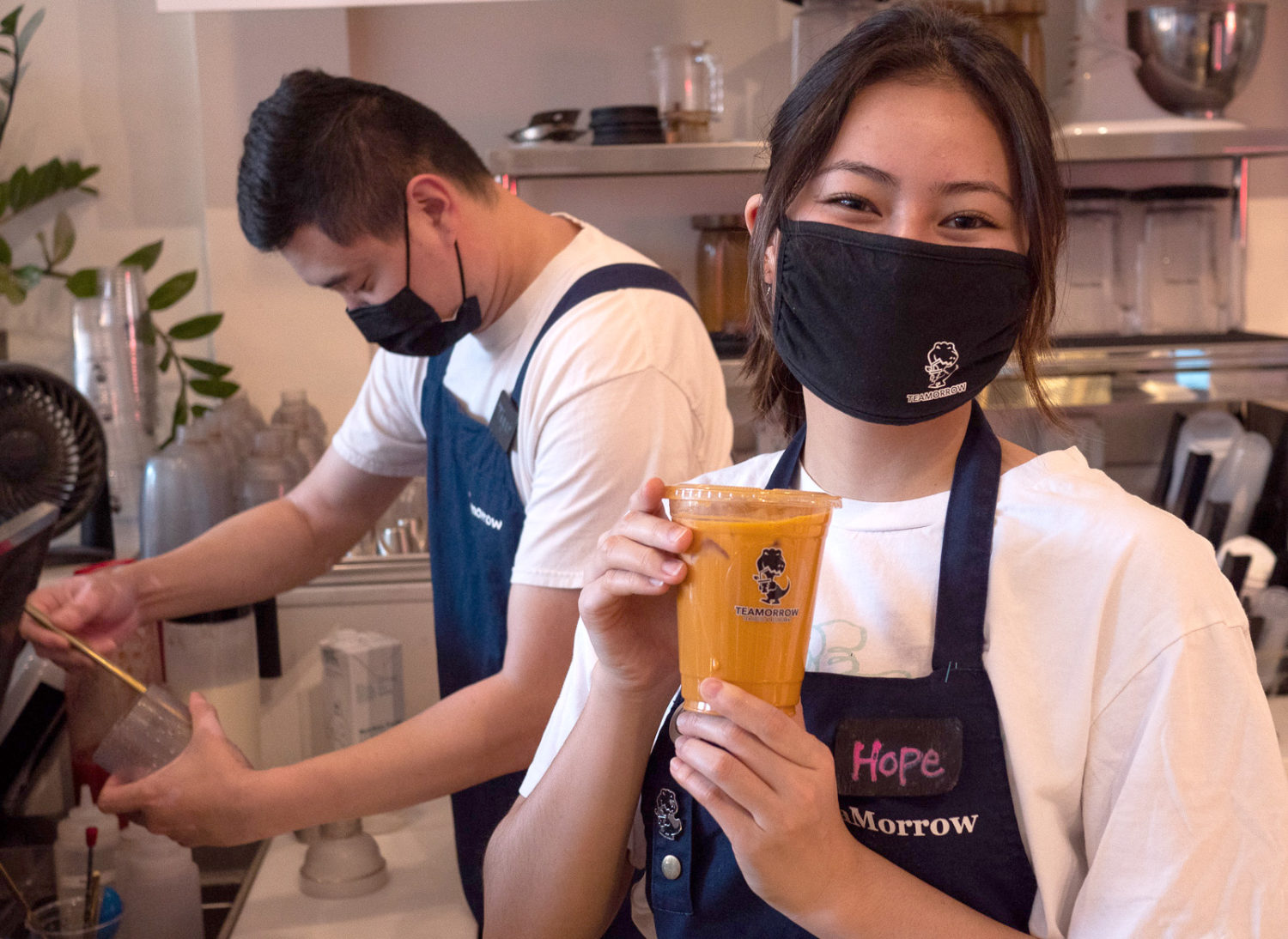
To reiterate, this small town feeling does not stem from just one business or any one type of industry, it’s a combination of all storefronts working in harmony that produces what we see. Jennifer Rangel, owner of Dual Crossroads, agrees, “[the] support of your small businesses is definitely fundamental, especially if you want to keep the charm that is South Pasadena. Whenever a space moves out, and some big chain moves in, I hear nothing but complaints.” Although large corporations may have their place in South Pasadena — and there is a fair share — it is those small businesses that do, in fact, bring identity to a city. Rangel goes on to say, “just support your small business if you want to better support that South Pasadena charm.”
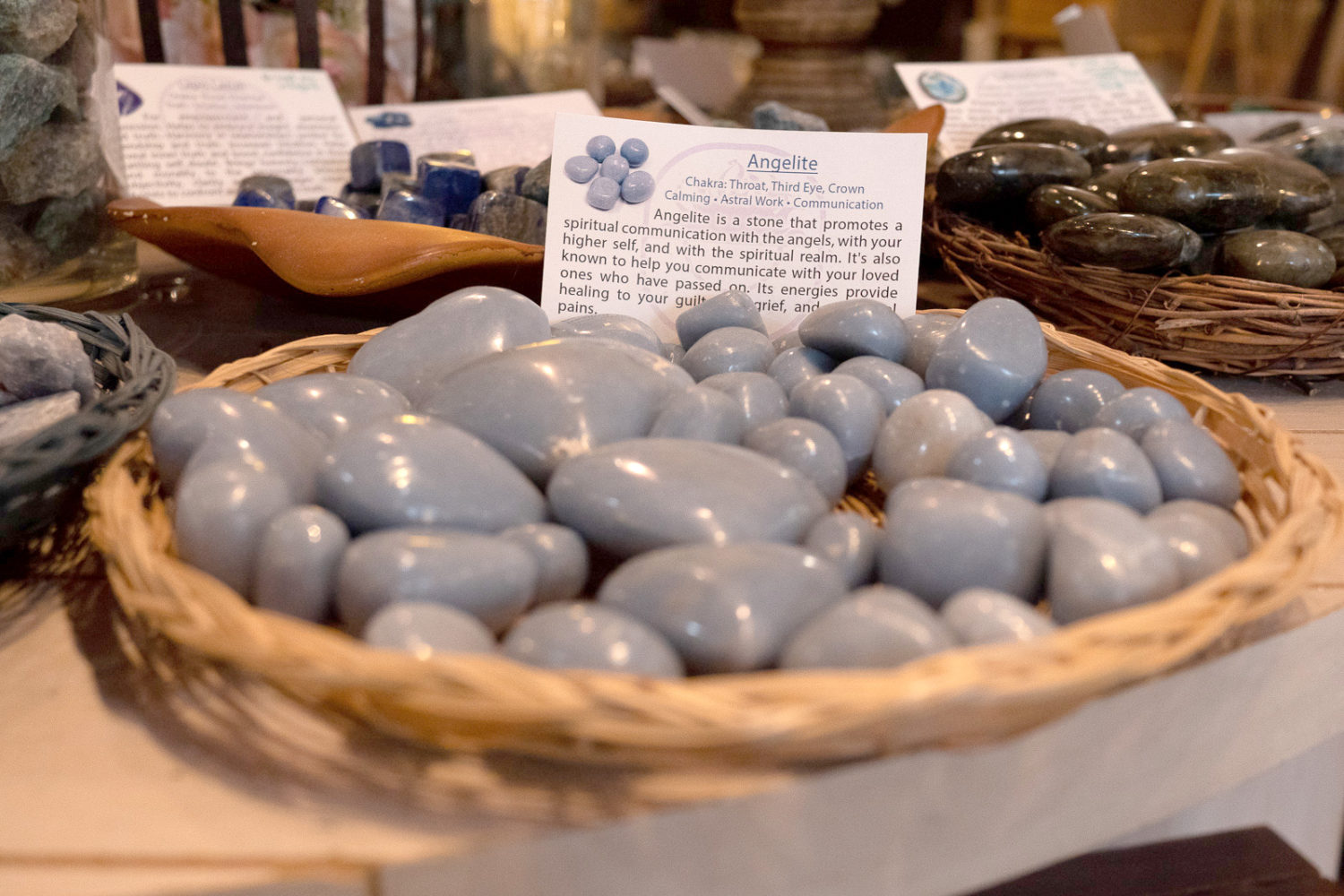
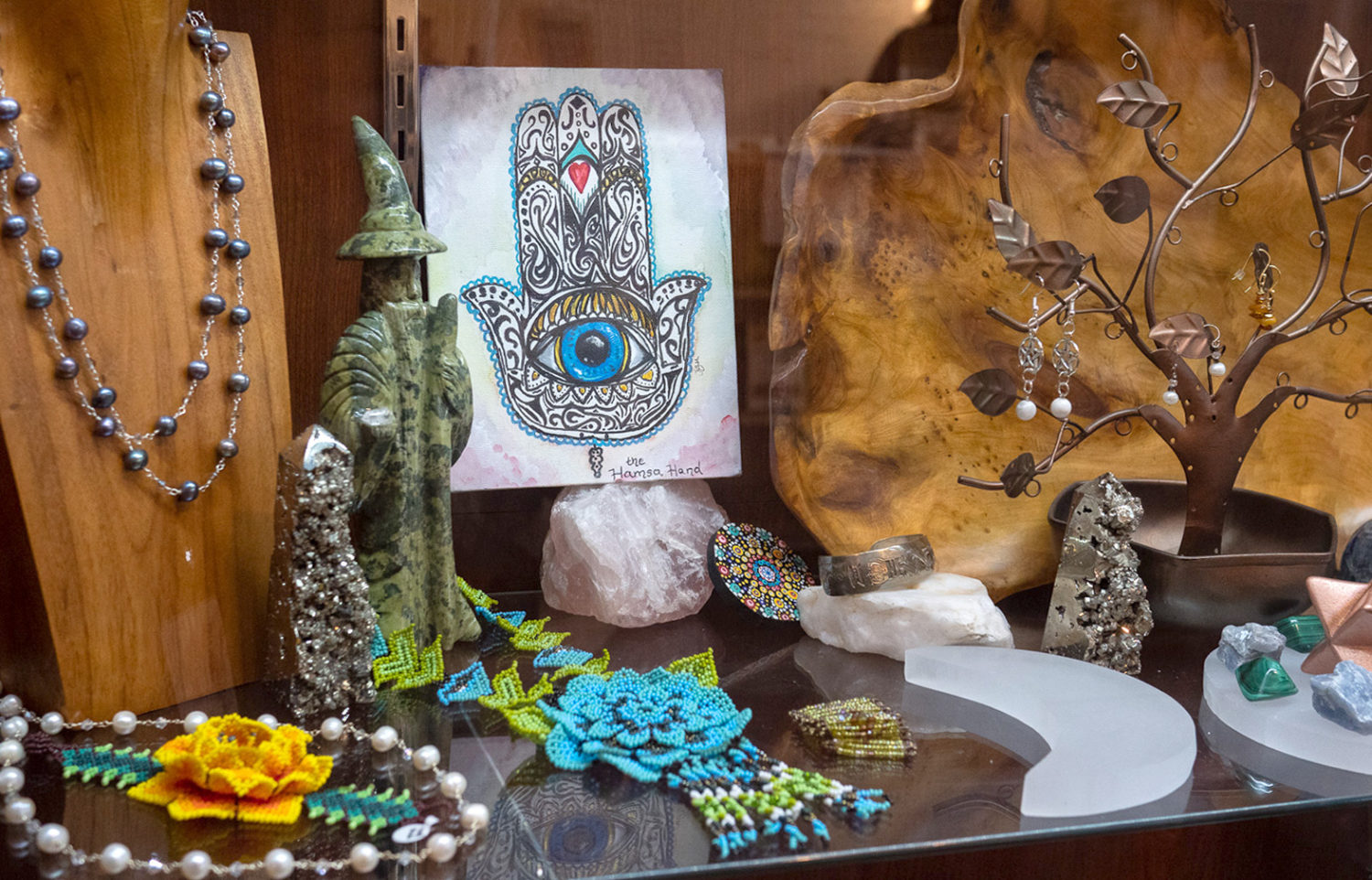
The businesses themselves become a resource themselves because of their role in the community, their insight to the needs of the residents has the potential to propel the local economy forward. Abe Oheb, owner of the Graham Building, observes this, “Regarding businesses, the city has to work with building owners more, we love to be called by the city… Sometimes they have to [include] us in [the business development] because we are developers. We love to be called by [cities] to get our ideas [on] how to improve, how to make the city better, how to bring in business.”
















.png)






